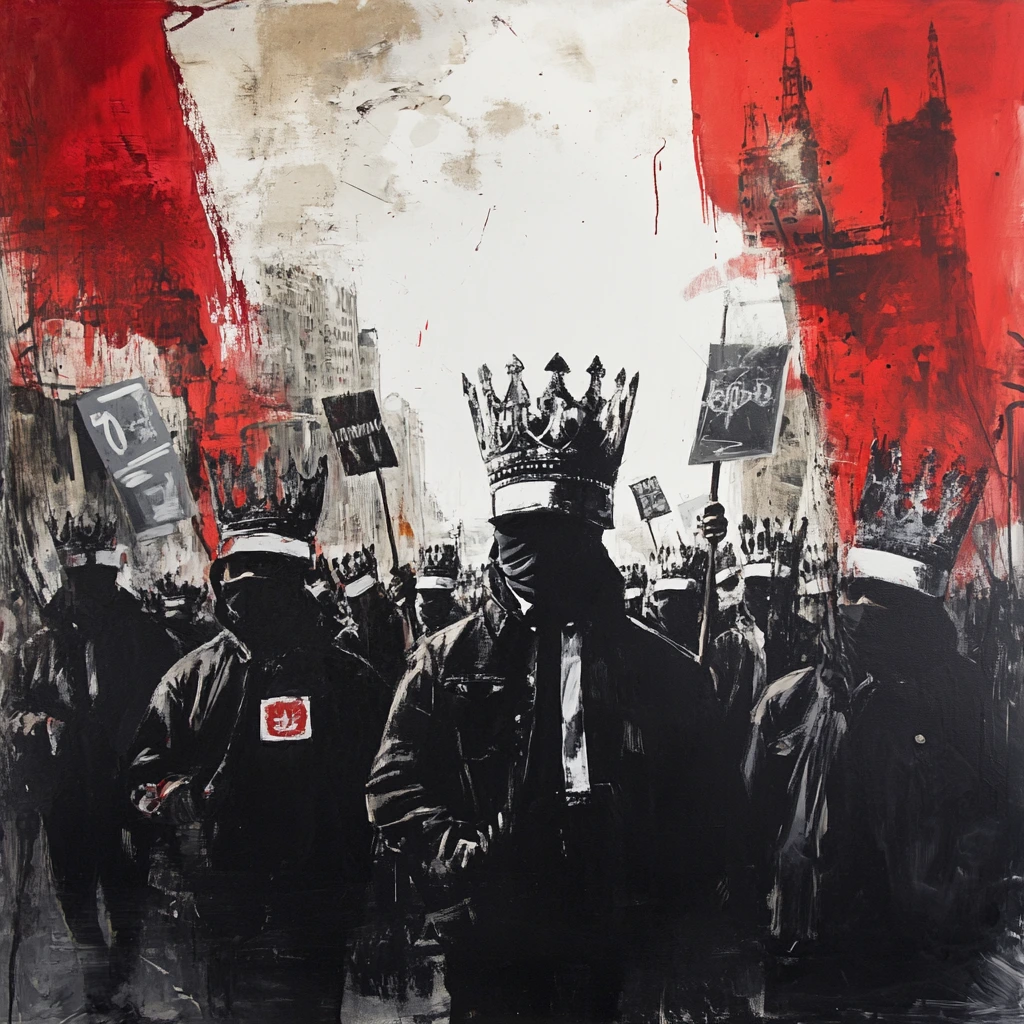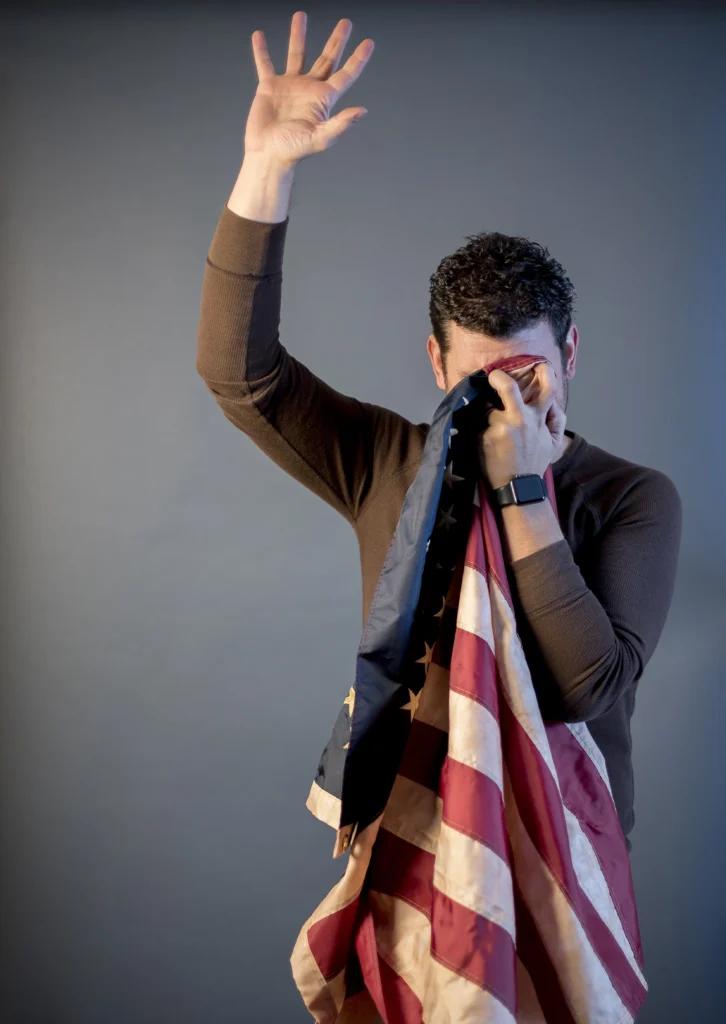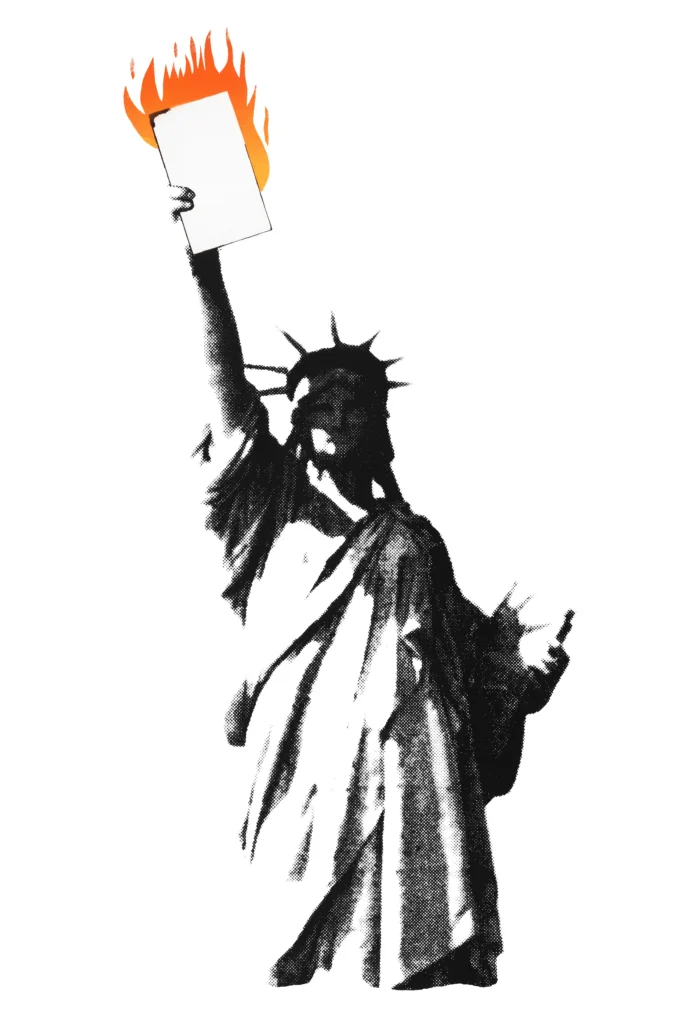As the United States approaches one of the most consequential presidential elections in modern history, political divisions are more intense than ever. Among the loudest voices pushing back against the potential return of Donald Trump to the White House is a growing movement known as “No Kings.”
This protest campaign is rapidly gaining national attention—not just for its powerful message, but for its broader implications about the future of American democracy. With a bold name that draws from the country’s revolutionary past, the “No Kings” movement seeks to remind citizens that the United States was founded in opposition to monarchy and authoritarian rule.
In this blog post, we dive deep into what the “No Kings” protests represent, why they are happening now, where they are taking place, and what their broader goals are.

What Is the “No Kings” Movement?
The “No Kings” movement is a coordinated protest campaign launched by a coalition of activists, civil rights leaders, and concerned citizens who fear a second Trump presidency could push the U.S. toward authoritarianism. The phrase “No Kings” is symbolic—it reflects a core belief that no one person, including a president, should hold unchecked power.
Protesters argue that Donald Trump’s behavior during and after his presidency—particularly his refusal to accept the results of the 2020 election and his role in the January 6th Capitol riot—demonstrates a disregard for democratic norms. They also express concern over his public statements about possibly using the presidency to retaliate against political enemies or expand executive authority if re-elected.
At its heart, the movement is not just anti-Trump—it is pro-democracy, emphasizing the importance of constitutional checks and balances.
Why Are These Protests Gaining Momentum Now?
The resurgence of Trump as the Republican front-runner in the 2024 election has reignited debates over his past actions and future intentions. Protesters point to several developments that have prompted fresh concerns:
- Legal battles: Trump faces multiple indictments across various states, including charges related to election interference, classified documents, and obstruction of justice.
- Rhetoric: Trump continues to claim the 2020 election was “stolen,” a narrative that has been thoroughly debunked but still resonates with his base.
- Promises of retribution: In campaign speeches, Trump has suggested he would go after political opponents and overhaul the federal bureaucracy, raising alarm over authoritarian intent.
These factors have galvanized a range of people—from former government officials to student activists—who see this as a critical moment to speak out in defense of American democratic values.

Who Is Organizing the “No Kings” Protests and Where Are They Happening?
The “No Kings” demonstrations have spread across several U.S. cities, including Washington, D.C., New York City, Los Angeles, Chicago, Atlanta, and more. Protesters have been seen carrying signs with powerful messages such as “Presidents Aren’t Kings,” “Protect Our Democracy,” and “No One Is Above the Law.”
Key organizations involved in organizing and supporting these protests include:
- MoveOn
- Indivisible
- Protect Democracy
- Black Voters Matter
- Sunrise Movement
- Local student and civic groups
These organizations are not only staging rallies and marches, but also hosting town halls, voter registration drives, and digital campaigns to educate the public about the stakes of the 2024 election. Some events have featured speakers including legal scholars, civil rights leaders, and former government officials warning of the erosion of democratic norms.
What Do the Protesters Hope to Achieve?
The “No Kings” movement isn’t just about making noise—it’s about demanding concrete change and preserving democracy. Protesters have outlined several key objectives:
- Preserve the rule of law: Protesters want to ensure that all elected officials, including presidents, are held accountable to the law.
- Protect voting rights: Many in the movement are concerned about voter suppression and election misinformation, and are calling for reforms that ensure access to free and fair elections.
- Resist authoritarianism: The campaign is a response to what it sees as authoritarian tendencies—not just from Trump, but from any political figure who seeks to consolidate power and bypass legal norms.
- Activate voters: Ultimately, “No Kings” aims to engage and mobilize voters, especially younger and historically marginalized groups, to participate in the 2024 election and beyond.
By framing their message in the historical context of America’s rejection of monarchy, the movement is seeking to unite people across ideologies under one clear principle: power must have limits.
Conclusion: Why the “No Kings” Message Matters
The “No Kings” protests are more than just political theater—they are a reflection of deeper anxieties about the future of the U.S. democracy. Whether or not you agree with the movement, it is clear that its message has struck a chord with many Americans who feel the system is at a crossroads.
As the 2024 election approaches, expect these protests to continue—and possibly intensify. At stake is not just who occupies the Oval Office, but what kind of presidency the nation will accept in the years to come.
Because in a true democracy, no one wears a crown. 👑

Table of Contents
Amazon’s New Project: A Humanoid Robot Revolutionizing the Future of Delivery – trendsfocus